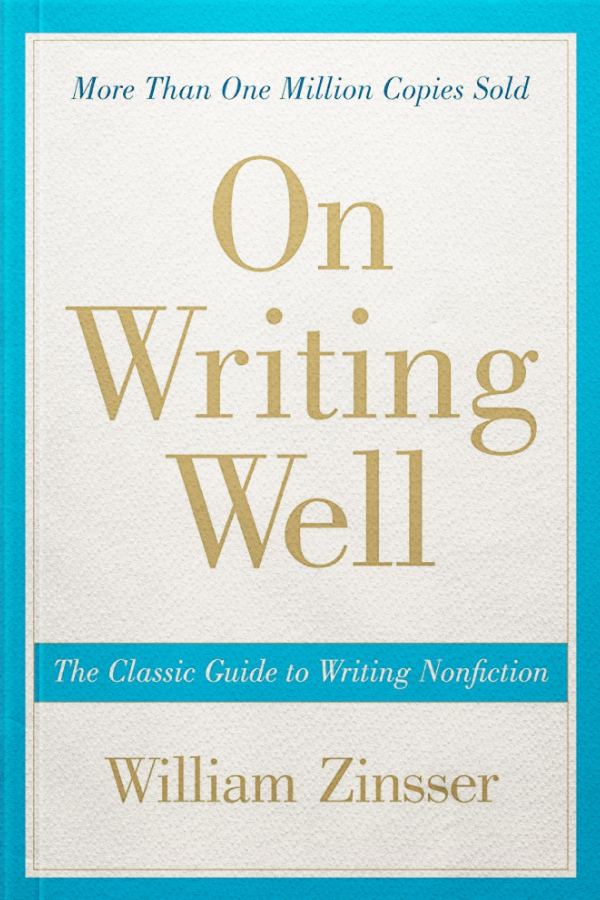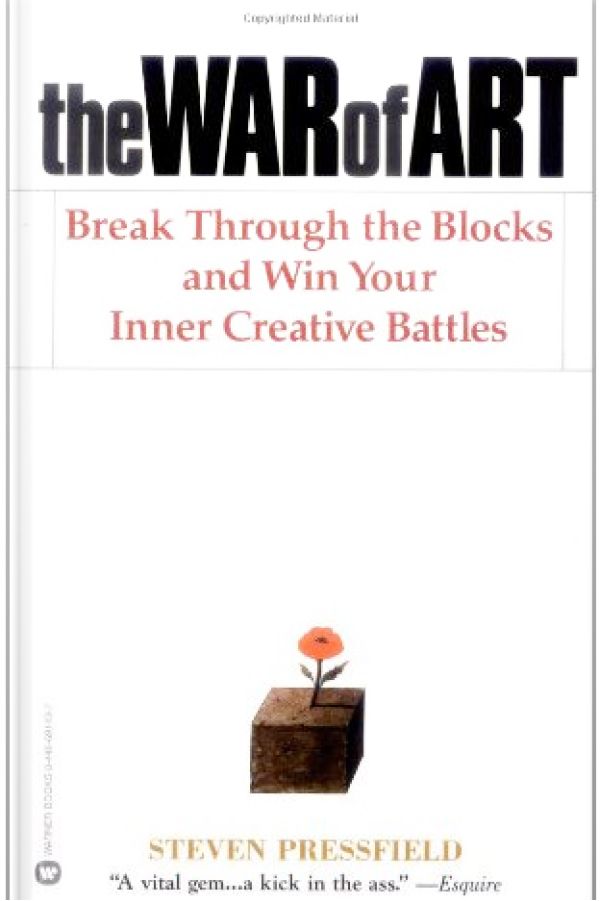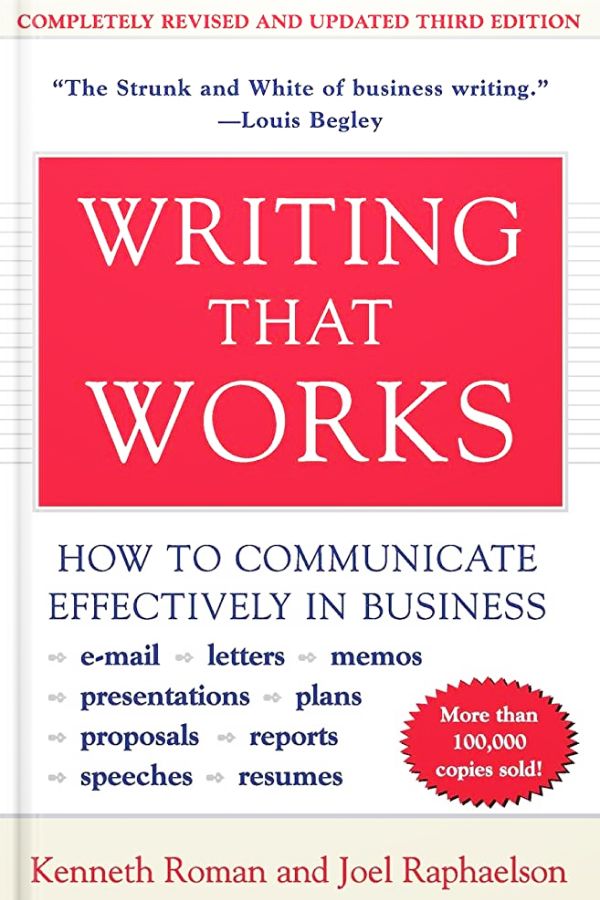
On Writing Well by William Zinsser
On Writing Well by William Zinsser is an excellent book that provides valuable insights and practical advice for anyone looking to improve their writing skills. Here are some key takeaways from the book that can be helpful in a variety of situations.
Simplify your writing
One of the most important principles of good writing is simplicity. William Zinsser emphasizes that writers should strive to express themselves clearly and concisely. He writes:
"Clutter is the disease of American writing. We are a society strangling in unnecessary words, circular constructions, pompous frills, and meaningless jargon."
Zinsser encourages writers to eliminate unnecessary words, phrases, and ideas, and to focus on conveying their message in the most straightforward and effective way possible. This advice can be particularly helpful for professionals who need to communicate complex ideas to a wide range of audiences.
Find your voice
Another key takeaway from On Writing Well is the importance of developing your own unique voice as a writer. Zinsser encourages writers to embrace their individuality and to find their own style, rather than trying to imitate others. He writes:
"Ultimately, the product any writer has to sell is not the subject being written about, but who he or she is."
Developing a distinctive voice can be challenging, but it can also help writers to stand out from the crowd and to connect with readers in a more meaningful way.
Write with empathy
Good writing is not just about conveying information or making an argument. It is also about connecting with readers on an emotional level. Zinsser emphasizes the importance of writing with empathy and understanding, and of taking the reader's perspective into account. He writes:
"Good writing has an aliveness that keeps the reader reading from one paragraph to the next, and it's not a question of gimmicks to 'personalize' the author. It's a question of using the English language in a way that will achieve the greatest clarity and strength."
This advice can be particularly helpful for writers who want to connect with their audience and to inspire them to take action.
Edit ruthlessly
Finally, On Writing Well emphasizes the importance of editing and revision. Zinsser encourages writers to be ruthless in their editing, and to cut anything that is not essential to their message. He writes:
"The essence of writing is rewriting. The best writers re-write their sentences time and again and cut what they don't need."
This advice can be particularly helpful for writers who struggle with self-editing and who tend to include too much detail or extraneous information in their writing.
Overall, On Writing Well is an excellent resource for anyone looking to improve their writing skills. By focusing on simplicity, voice, empathy, and editing, writers can create content that is clear, concise, and engaging, regardless of the subject matter or audience.
Certainly! Here are some additional insights from On Writing Well that may be helpful:
Understand your audience
One of the keys to effective writing is understanding your audience. Zinsser emphasizes that writers should consider who they are writing for and what they hope to achieve with their writing. He writes:
"Every piece of writing has a rationale and a reader. To communicate effectively, we must serve both - by aiming our writing at a particular readership and by doing it in a way that will achieve our purpose."
Understanding your audience can help you tailor your writing to their needs and interests, and can help you to achieve your goals as a writer.
Use concrete details
Good writing is often characterized by its use of concrete details and examples. Zinsser encourages writers to use specific, vivid language that helps readers to visualize the subject matter. He writes:
"Be specific. Don't say that the radio crackled. Say who was talking and what they said. Don't say the crowd cheered. Say which section of the crowd and what they were waving."
Using concrete details can help writers to bring their subject matter to life and to engage readers in a more meaningful way.
Be honest
Honesty is an important quality for writers, and Zinsser emphasizes the importance of being truthful and transparent in your writing. He writes:
"The essence of good writing is to strip every sentence to its cleanest components. Every word that serves no function, every long word that could be a short word, every adverb that carries the same meaning that's already in the verb, every passive construction that leaves the reader unsure of who is doing what - these are the thousand and one adulterants that weaken the strength of a sentence."
Being honest in your writing means being clear and direct, and avoiding any language or ideas that might obscure or misrepresent the truth.
Keep learning
Finally, On Writing Well emphasizes the importance of lifelong learning. Zinsser encourages writers to continue to improve their skills and to seek out new challenges and opportunities. He writes:
"Writing is hard work. A clear sentence is no accident. Very few sentences come out right the first time, or even the third time. Remember this in moments of despair. If you find that writing is hard, it's because it is hard."
By embracing the challenges of writing and committing to continuous improvement, writers can achieve their goals and create content that is meaningful, engaging, and impactful.
In summary, On Writing Well is an excellent book that provides valuable insights and practical advice for writers of all levels. By focusing on simplicity, voice, empathy, editing, understanding your audience, using concrete details, being honest, and keeping learning, writers can create content that is clear, compelling, and effective.

















